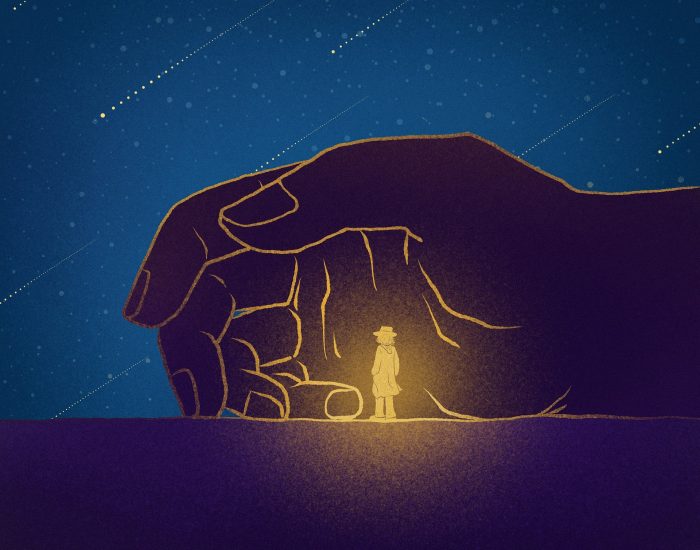The universe: what is it?
It is unfathomable to the imagination. It is only fractionally comprehended by science. It is the unknown mystery of our very being, and yet it gave birth to us, it sustains us, and it will continue to create and destroy life long after the human species has gone.
And yet, for believers in the Law of Attraction (LOA for short), especially those who have read The Secret (2006) and gullibly believe its immensely flawed, pseudo-scientific premise, humans and their “desires” are at the centre of the universe: we simply need to ask the universe for something, believe that we deserve it, and it will magically appear in our lives.
The ludicrous logic of the LOA states that our thoughts alone—regardless of how entitled and materialistic they may be—can shape the very fabric of the universe, bending it to our will in order to achieve what we want.
Or at least, so the likes of Rhonda Byrne, Esther Hicks, and other money-manifesting charlatans profess.
To think we have any sort of control or influence over the universe—the originator of our being—is the height of arrogance and presupposes a human-centred view of the universe, as if everything revolves around us. But the point is, the universe was here long before we were, and will be around long after our entitled species is extinct.
Of all the galaxies in all the universe, the LOA would have us believe that we are the epicentre of it all, and that the universe has nothing better to do than occupy itself with our petty desires for more money, a bigger house, a faster car, a partner who doesn’t cheat, and whatever it is we feel entitled to ask for. Whether or not we are deserving of those things is a different story, but suffice it to say it is no surprise that The Secret appeals in large to millennials who have grown up in an increasingly narcissistic, materialistic, and entitled society.
The LOA is a classic example of the disempowered blending science and mysticism to serve their own purposes, to give their lives a sense of control and meaning. But this in itself is grounds to refute the LOA as a “science”: the realm of science is to study the external, objective world with impartiality; whereas the LOA is founded on an internal, entirely subjective, egocentric view of the world and our place within it.
That is, egocentrism in the respect that the self—and by extension human beings—are at the centre of the universe, and that it has nothing better to do than pander to our every materialist whim.
Indeed, many so-called manifestation gurus bewitch us by appealing to our desire for material “abundance”—not just more money, but lots more money, and whatever other material crap we desire to fill our lives with. In the context of the inequity and poverty in the world, I guess the universe doesn’t give a sh*t about human greed, either. So, this emphasis on the self-centred nature of manifesting, coupled with a preoccupation with material gain, is a hallmark of egocentrism.
Finally, let’s briefly look at the semantics of manifestation: we often speak of the universe as if it exists solely for us. So, according to the LOA, of all the lifeforms on the planet and beyond, the universe is there for us, as if the entirety of creation was made to serve human beings.
Bollocks.
Such an attitude is the height of arrogance. The universe is not for us, for it preceded us, it created us, and therefore we do not have power over it, despite what proponents of the LOA would have us believe.
It may come as a shock to some believers in the LOA, but human beings are not the centre of everything. To think such is to promote an anthropocentric (aka egocentric) view of the universe and our place within it.


 Share on bsky
Share on bsky





Read 1 comment and reply